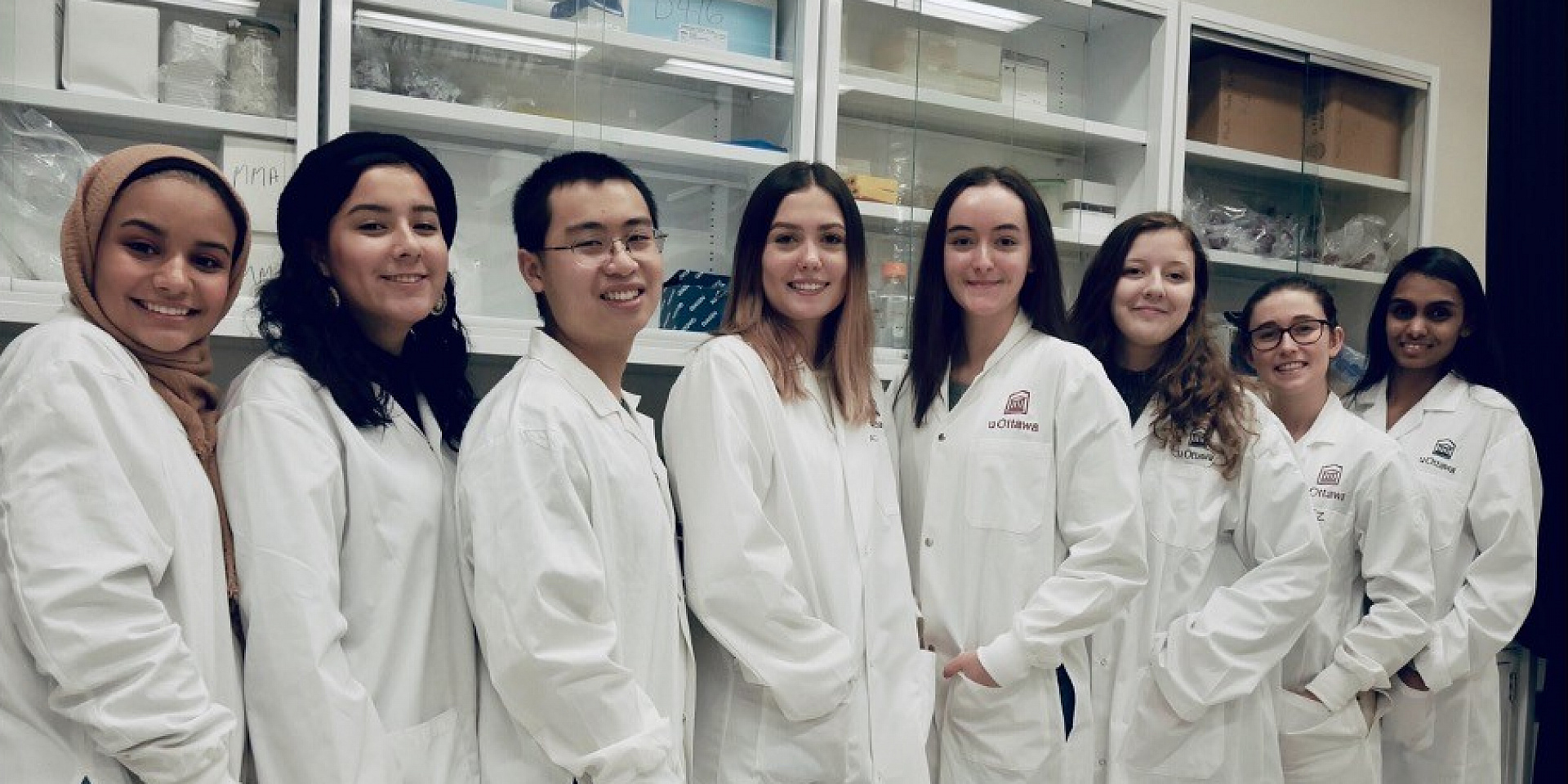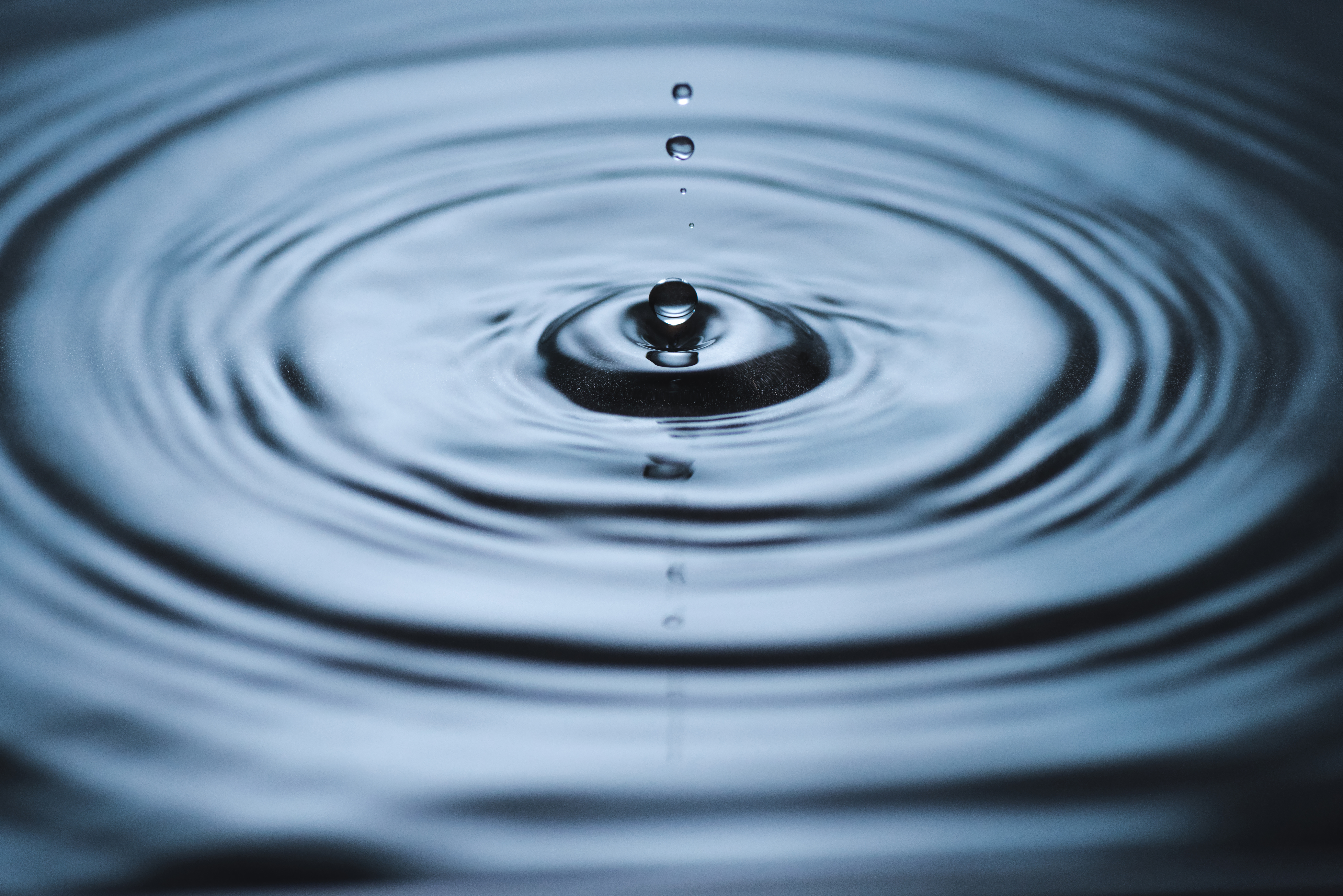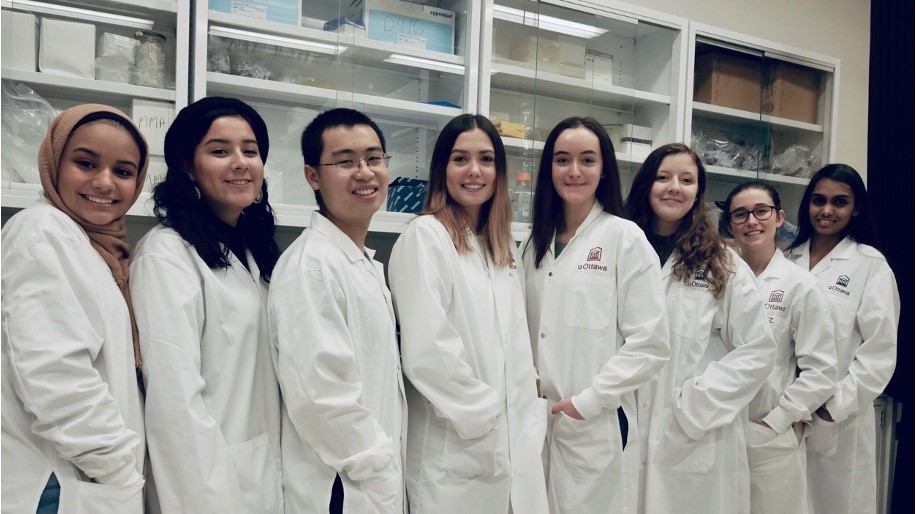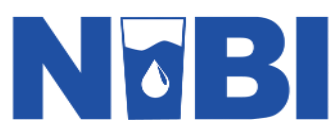Addressing Water Advisories in Indigenous Communities with Student-Led Initiative, Nibi

The acknowledgement of the need for reconciliation through Truth and Reconciliation Day is a step in the right direction, but there is still more progress to be made as hundreds of Indigenous communities currently hold boil water advisories.
Advisories like these mean that in order to consume and use the water through their existing water systems, Indigenous communities must first boil the water to consider it safe. In some communities, the water is not usable at all.
University of Ottawa student and Project Manager of the Nibi Project at Enactus uOttawa, Alexandra Whiteduck, grew up with unsafe drinking water, despite only living an hour and a half from the Nation’s Capital.
 “I grew up in a community 1.5 hours north of Ottawa, and I grew up without clean drinking water,” shared Alexandra.
“I grew up in a community 1.5 hours north of Ottawa, and I grew up without clean drinking water,” shared Alexandra.
As someone who has experienced the issue firsthand, Alexandra now works on the student-led initiative, Nibi, to bring safe drinking water solutions to other Indigenous communities through testing and purification solutions.
The map on the left shows the number of Indigenous communities in Canada with boil water advisories (note that the map does not include the do-not-use advisories) - via watertoday.ca.
The Importance of Clean Drinking Water
Without clean drinking water, the basic necessities of life are not met. Alexandra encourages you to ask yourself the question:
 “What tasks do you plan on doing today? Are you going to wake up and have coffee? Drink a glass of water? Take a shower? Brush your teeth? Wash the dishes? All these tasks are not accessible to Indigenous communities.
“What tasks do you plan on doing today? Are you going to wake up and have coffee? Drink a glass of water? Take a shower? Brush your teeth? Wash the dishes? All these tasks are not accessible to Indigenous communities.
As you go throughout your day, consider these questions and ask yourself: could I do this if I didn’t have access to clean water? There will be many tasks where the answer would be no, and for Indigenous communities, it continues to be the truth for them every day.
If we work hard towards a future where Indigenous communities all have access to clean water, their everyday lives and everyday productivity would change drastically.
The Nibi Solution
How they’re helping
 Alexandra became a part of the Nibi team as the second Project Manager. The two Project Managers before her who started the initiative were other uOttawa students Michelle Wronski and Elisabeth Mercier.
Alexandra became a part of the Nibi team as the second Project Manager. The two Project Managers before her who started the initiative were other uOttawa students Michelle Wronski and Elisabeth Mercier.
“Michelle and Elisabeth founded this project because they saw a large gap in research and support for the water crisis in Indigenous communities. They were extremely passionate about the issue and wanted to find a solution to fix it.”
The two founders saw Alexandra speak on the issue, and instantly saw her as a good fit to join the team. As someone who has lived without clean drinking water, Alexandra is able to bring first-hand insights on where support was lacking and how it could change to better Indigenous communities.
The student-run initiative now focuses on three different pillars of support: Testing, purification solutions and workshops.
For testing, Nibi connects communities with certified partners that help teach them how to monitor water on site. This gives Indigenous people ownership of their water treatment and the ability to monitor the systems themselves.
 Nibi also helps Indigenous communities find purification solutions that work with their socio-economic needs. Unlike working with government bodies, the communities are not forced into accepting any help or taking action after the results are given.
Nibi also helps Indigenous communities find purification solutions that work with their socio-economic needs. Unlike working with government bodies, the communities are not forced into accepting any help or taking action after the results are given.
“We conduct need-based assessments to identify purification solutions that meet their needs. It’s all their choice; if they want to work with us we will, but if they don’t, no problem.” The Enactus team then finds the contaminants in the water and asks the communities what they hope to see from the purification process.
Lastly, Nibi hosts workshops to empower youth to keep control of their water quality and infrastructure. The Nibi team also converses with Indigenous youth to see what they hope their communities look like in the future.
How to get involved
To join the cause with Nibi, you can attend their workshops and better understand this key issue. The team is also hiring a number of students to double their team’s size this fall including positions in:
- Science
- Outreach
- Business
- Indigenous Relations
- Marketing
- Sales
On this day of Truth and Reconciliation, it's important to remember that there is still a lot to be done. We hope everyone takes this day to continue to educate themselves on the lives of Indigenous people and how they are impacted by current legislations.